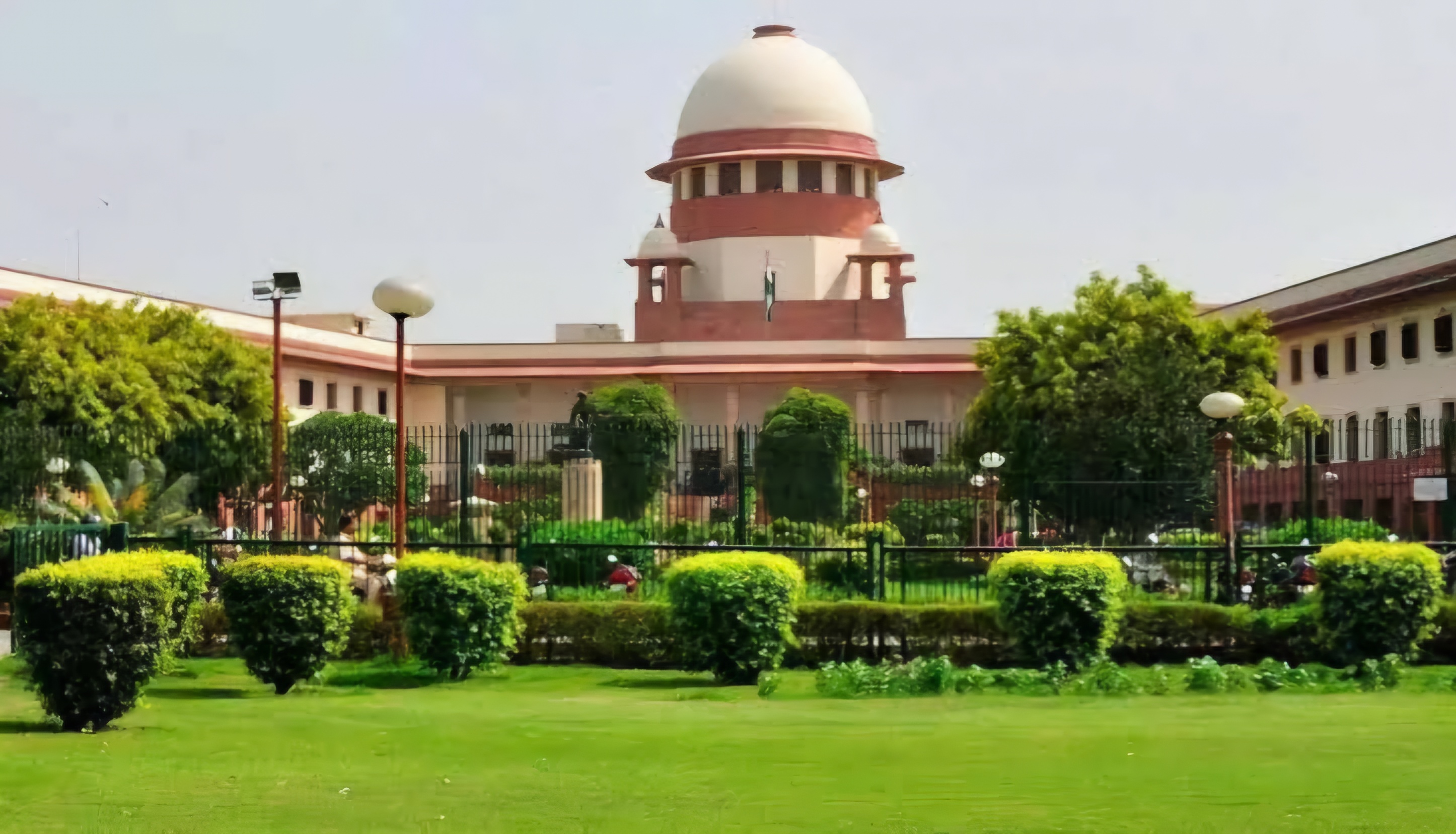


In a significant ruling on 13th September 2024, the Supreme Court of India delivered a judgment in the case of C.A. No.-010549-010549 - 2024 between Kimneo Haokip Hangshing and Kenn Raikhan, addressing the issue of tribal land ownership and community rights. The judgment highlights the complexity of land disputes in regions with tribal populations, where customary laws, state statutes, and individual claims frequently intersect.
Case Background
The ownership of the land that the tribal minority in Manipur has historically called home is at the center of the conflict. Speaking on behalf of the Haokip tribe, Kimneo Haokip Hangshing claimed that the land in question is common property subject to customary tribal norms, which ought to limit its alienation or transfer.
On the other hand, Kenn Raikhan, who challenged this, claimed an individual right to the land, raising questions of private ownership within the framework of state land regulations.
Court's Observations
The Supreme Court, in its detailed judgment, acknowledged the need to strike a balance between protecting tribal land rights and recognizing individual ownership claims.
However, the Court also emphasized the need for clarity in cases where individual ownership claims are made, particularly when those claims are supported by legal documents under state laws.
In this context, the Court noted: “While tribal customs regarding land ownership hold a significant place, such claims must be evaluated in light of state regulations and the legal framework governing property rights. There must be a harmonious application of both to ensure justice.”
The Verdict
In its final ruling, the Supreme Court held that communal tribal land, unless expressly allowed under state law, cannot be alienated or transferred to individuals without the approval of the concerned tribal council or community leaders. The Court reinforced that individual ownership cannot override communal ownership, stating:
“Any transfer or sale of communal tribal land must adhere to the customary laws of the community. State laws cannot unilaterally dissolve or modify the customary rights of such tribes without adequate legal justification.”
The Court ordered that the land in dispute remains under the collective control of the Haokip tribe, and any further disputes regarding its ownership must be addressed through tribal mechanisms in accordance with customary law. The judgment effectively nullified the claims of individual ownership by Kenn Raikhan.
Conclusion
The Supreme Court’s judgment in the Kimneo Haokip Hangshing vs Kenn Raikhan case serves as a pivotal moment in tribal land jurisprudence in India. It highlights the ongoing tension between customary laws and state regulations while ensuring that the rights of indigenous communities remain protected. The decision is expected to influence future cases concerning tribal land disputes and set a strong precedent for balancing individual rights with community-based ownership.
Click Here to: Download/View Related File
TAGS: Supreme Court Kimneo Haokip Hangshing Kenn Raikhan tribal land ownership customary laws Manipur land disputes individual ownership state regulations communal property legal framework indigenous communities.